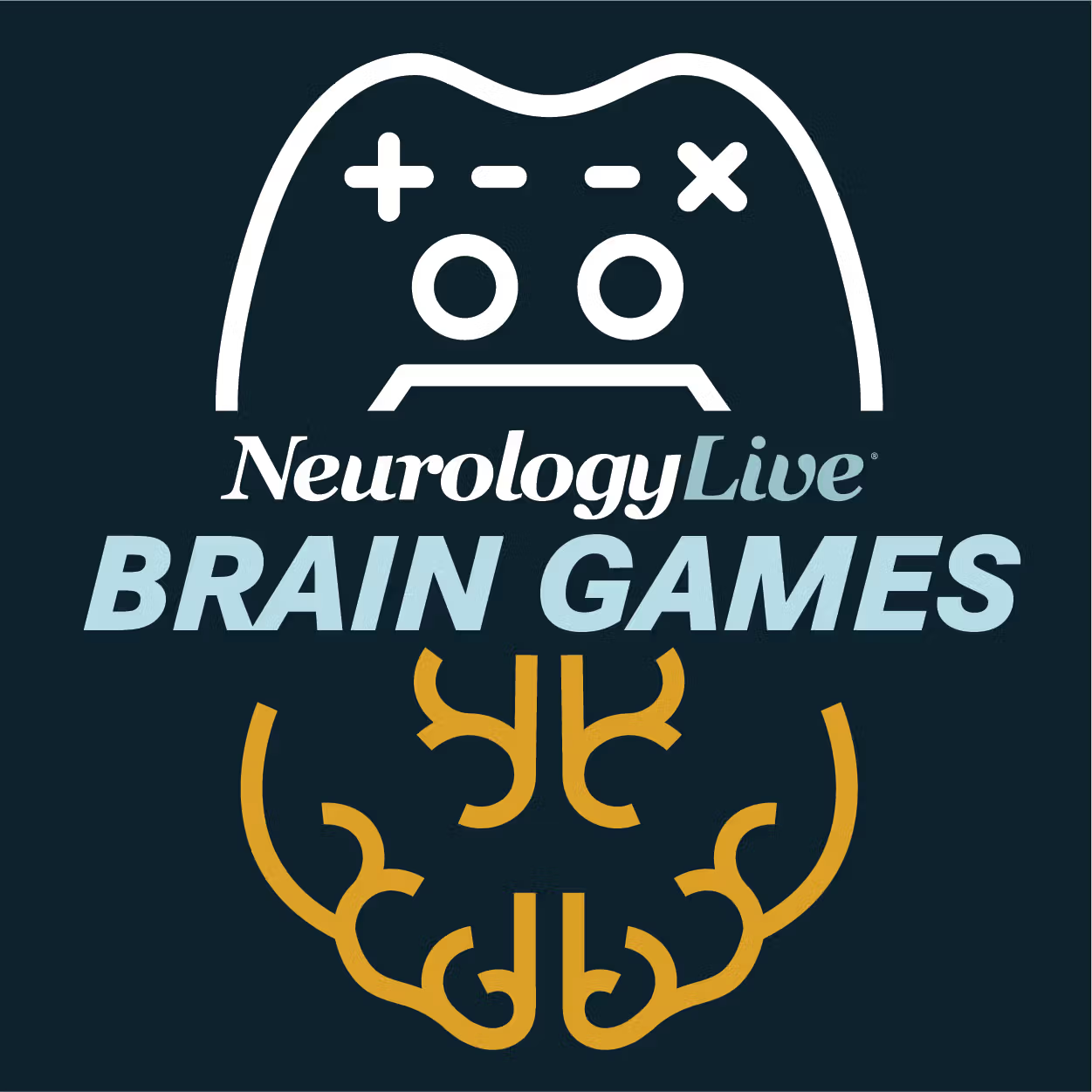News
Article
Huntington Agent SAGE-718 to be Discontinued Following Disappointing Phase 2 DIMENSION Trial Results
Key Takeaways
- SAGE-718 failed to meet primary and secondary endpoints in Huntington's and Parkinson's Disease trials, leading to halted development for these indications.
- The phase 2 LUMINARY study in Alzheimer's Disease showed potential cognitive and functional improvements with SAGE-718, despite mild to moderate adverse events.
The phase 2 DIMENSION study results showed that SAGE-71 was well-tolerated but did not meet its primary end point, leading to Sage Therapeutics’ decision to discontinue its development.
Barry Greene
(Credit: X)

Recent topline results from Sage Therapeutics’ 12-week, double-blind, placebo-controlled phase 2 DIMENSION study (NCT05107128) of SAGE-718, also known as dalzanemdor, showed that the treatment did not meet primary or secondary end points in patients with cognitive impairment (CI) associated with Huntington Disease (HD). Based on these findings, the company does not plan to further develop the agent and is also closing the ongoing phase 3 PURVIEW trial (NCT05655520), an open-label safety study in participants with HD.1
Among the 189 participants in DIMENSION study, SAGE-718 failed to demonstrate a statistically significant difference versus the placebo from baseline to day 84 on the primary end point of change in the Symbol Digit Modalities Test (SDMT). Additional analyzes of the secondary end points also did not reveal statistically significant or clinically meaningful differences in those treated with dalzanemdor compared with placebo. Despite this, the therapy was generally well-tolerated and had no new safety signals observed, with the majority of treatment emergent adverse events (TEAEs) reported as mild to moderate in severity.
“We are disappointed by the results of the DIMENSION Study, especially for the individuals and families affected by Huntington’s Disease who have long awaited new treatment options,” Barry Greene, the chief executive officer at Sage Therapeutics, said in a statement.1 “Innovation is desperately needed, and we are immensely grateful to the participants, investigators, and the entire Huntington’s Disease community whose unwavering commitment to advancing research helped make this study possible.”
READ MORE: Triheptanoin Shows No Significant Effect on Movement Disorder Events in Glut1 Deficiency Syndrome
Earlier this year, the company also announced topline data from its pivotal phase 2 PRECEDENT study (NCT05318937), a pivotal trial testing SAGE-718 in patients with Parkinson disease (PD) who had mild cognitive impairment (MCI). After 6 weeks of treatment, those on SAGE-718 failed to distinguish themselves from placebo on the primary end point of Wechsler Adult Intelligence Scale Fourth Edition (WAIS-IV) Coding Test score. The trial, which randomly assigned 86 patients to either study drug or placebo, also showed no between-group differences on other exploratory end points such as Scales for Outcomes in Parkinson's disease-Cognition (SCOPA-COG). SAGE-718 was well tolerated, with no new safety signals and TEAEs that were all mild to moderate in severity.2
At the 2022 American Academy of Neurology (AAN) Annual Meeting, data from the open-label phase 2 LUMINARY study (NCT04602624) demonstrated SAGE-718’s impact on cognitive and functional improvement in patients with AD. The analysis, which included 26 patients (mean age, 67 years; 69.2% women), demonstrated a statistically significant 2.3-point improvement in Montreal Cognitive Assessment (MoCA) scores at day 28 compared with baseline. Additionally, functional evaluations—measured with the Clinical Global Impressions Scales and Amsterdam Instrumental Activities of Daily Living Questionnaire—were suggestive of noteworthy improvements in some patients, with particular promise displayed on items assessing complex activities.3
In the trial, 3 mg of daily SAGE-718 was administered for a 14-day treatment period in patients with AD, including individuals with MoCA scores ranging between 15 and 24 (mean, 20.7 [SD, 2.61]). After 28 days, the therapy was considered well tolerated, with 8 treatment-related adverse events (TEAEs) reported in 7 patients (26.8%). All of which were deemed mild or moderate, and 6 were considered treatment-related. No serious AEs or deaths were reported in LUMINARY.
REFERENCES
1. Sage Therapeutics Announces Topline Results from the Phase 2 DIMENSION Study of Dalzanemdor (SAGE-718) in the Treatment of Cognitive Impairment Associated with Huntington’s Disease. News Release. Published November 20, 2024. Accessed November 20, 2024. https://investor.sagerx.com/news-releases/news-release-details/sage-therapeutics-announces-topline-results-phase-2-dimension
2. Sage Therapeutics announces topline results from phase 2 PRECEDENT study of dalzanemdor (SAGE-718) in the treatment of mild cognitive impairment in Parkinson’s disease. News release. April 17, 2024. Accessed November 20, 2024. https://investor.sagerx.com/news-releases/news-release-details/sage-therapeutics-announces-topline-results-phase-2-precedent
3. Koenig A, Malhotra S, Wald J, et al. SAGE-718 in Patients With Mild Cognitive Impairment or Mild Dementia Due to Alzheimer's Disease: Results From the Phase 2 LUMINARY Study. Presented at: AAN Annual Meeting; April 2-7, 2022; Seattle, WA, and virtual.
Newsletter
Keep your finger on the pulse of neurology—subscribe to NeurologyLive for expert interviews, new data, and breakthrough treatment updates.




